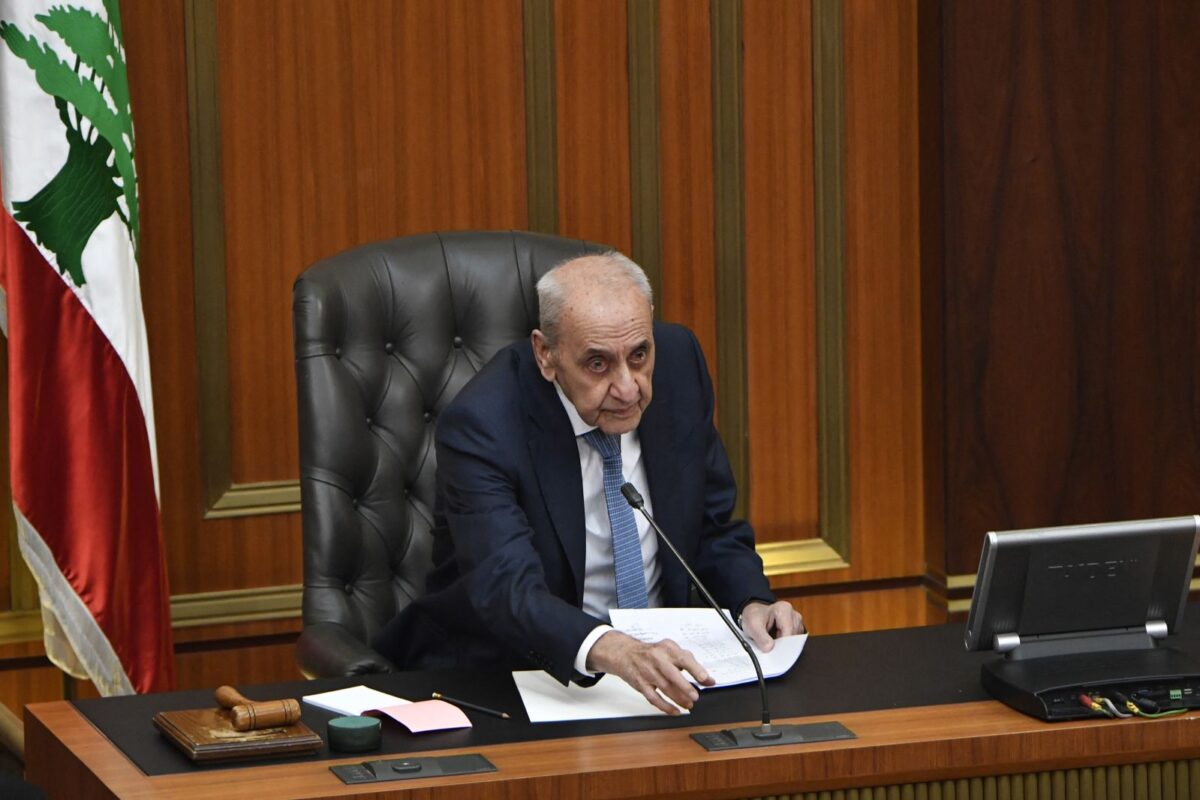
Nabih Berri's decision to remove the expatriate voting amendment from Parliament's agenda is a threat to Lebanon's processes of democracy and reforms
When Speaker Nabih Berri removed the expatriate voting amendment from Parliament’s agenda, he didn’t just block a procedural request, he blocked democracy itself. With a single decision, one man silenced the will of over 65 MPs and struck a blow to Lebanon’s path toward reform.
Let’s be clear about what’s at stake. Under the current law, Lebanese abroad are allowed to vote in parliamentary elections. But instead of voting for candidates in their home districts—like every other citizen—they are granted just six reserved seats: one for each continent. Six MPs to represent millions of Lebanese abroad. Six symbolic voices tacked onto a Parliament of 128+6. That’s not representation. It’s marginalization in disguise.
The proposed amendment is simple and just: treat Lebanese abroad like every other citizen. Let a voter from Chouf, living in Berlin or Dubai, vote for Chouf candidates. Let someone from Akkar or Saida vote for their own district, no matter where they are in the world. This isn’t radical. It’s fair. It’s constitutional. And it reflects the basic principle of equality in voting.
In 2022, due to logistical and technical obstacles, the previous Parliament allowed Lebanese abroad to vote in their home districts for one time only. But the results startled the political class, because they saw something they could not control. And ever since, they’ve regretted that decision.
But Berri isn’t the only one who benefits from this. The entire political class—the old guard—stands to gain from keeping the diaspora on the sidelines. Why? Because the diaspora represents what they fear most: independent, empowered citizens who can vote without coercion.
Unlike many Lebanese at home, diaspora voters are not caught in webs of clientelism. They’re not reliant on a politician for medicine, a job, or a favor. They live in systems that respect the rule of law and expect their vote to matter. And when they head to the embassy to vote, they don’t walk into a village mukhtar’s tent or a party-affiliated school. They enter a neutral space—a kind of mega-centre where social pressure and sectarian surveillance weaken. In those spaces, they can truly vote their conscience.
This is precisely why the diaspora terrifies the political class. They are free agents. And that freedom has the potential to reshape Lebanon. Those who claim to represent us but fear our voice are not representatives. And those who obstruct the tools of democracy are not statesmen, they are autocrats in denial, clinging to a fading illusion of power.
To Speaker Berri and his allies: you are not kings. Not anymore. This is not your kingdom. Lebanon’s future does not lie in palaces of impunity or parliaments of silence. It lies with every Lebanese—home or abroad—who believes in equity, representation, and citizenship. We did not come this far to watch the same men rewrite the same script. We will not live to see disappointment again in the eyes of our loved ones. We will not tolerate exclusion wrapped in law.
We—the ones who believe in politics for the people, not people for the politicians—are not going away. We are no longer weak. We are no longer few. We are no longer naïve. And you are no longer the ones who call the shots. The diaspora is not just a resource. It is a force. And this time, we intend to use it.
Ramzi Abou Ismail is a Political Psychologist and Senior Research Fellow at the Institute for Social Justice and Conflict Resolution at the Lebanese American University.
The views in this story reflect those of the author alone and do not necessarily reflect the beliefs of NOW








